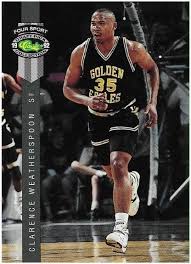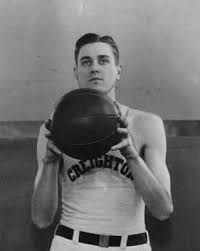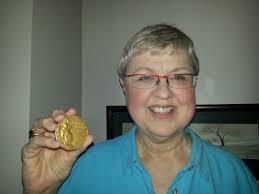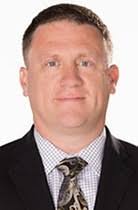CLICK HERE for all of Hoops HD’s Continued and Extensive Preseason Content
We hope you are ready for a season unlike any other: testing, distancing, and bubbles, oh my! Nobody knows exactly what is going to happen, when it is going to happen, or whether anything actually will happen…but in the meantime we will try to restore some order with season previews featuring the best players/coaches/administrators in the country. We continue our coverage with Xavier special assistant Matthew Graves. He made back-to-back NCAA tourneys as a player, back-to-back NCAA title games as an assistant to Brad Stevens, and now works for Travis Steele. HoopsHD’s Jon Teitel got to chat with Matthew about growing up in a tiny town and his expectations for this year.

You grew up in Switz City, IN (with a population of 311): what was the best part of living in a tiny town, and what was the not-so-best part? It is the same answer for both questions: everybody knew you! I could not hide from anything but everyone looked out for everyone because we were all like a big family. A lot of people from the town still follow my career.
In the 1997 NCAA tourney as a player at Butler you scored 5 PTS in a loss to Cincy: how big a deal was it to be part of the 1st Butler team to make the NCAA tourney in 35 years? I am very proud of that moment, then followed it up by making it back to the tourney the following year. I think that 1997 team really started the ball rolling at Butler. Last year we were all inducted into the school’s Hall of Fame: it was really special to see all of those guys again.
In 1996 and 1998 you led the conference in FT%: what is the secret to making FTs? Deliberate practice: you prepare and when the moment is there you feel no pressure. There is no secret: if you are prepared then there is no stress.
In January of 1998 you scored a career-high 42 PTS in a 5-PT loss at Cleveland State (which remains 5th-most in school history): was it just 1 of those situations where every shot you put up seemed to go in because you were “in the zone”? Yes. People talk about the basket looking as big as ever, and my teammates did a great job of finding me and giving me opportunities to score. However, it would have been a better story if we had won the game.
As an assistant to Brad Stevens at Butler you entered the 2010 NCAA title game on a 25-game winning streak before Gordon Hayward’s half-court shot bounced off the rim at the buzzer in a 2-PT loss to Duke: did you think the shot was going in, and do you think that Brad/Gordon will win an NBA title together in Boston? The shot from the baseline that Gordon took before was the 1 that I thought was going in. I can still see his final shot in slow motion a decade later: I thought they would make a movie about it and I will cherish it forever. I do think at some point they will win an NBA title: I am hoping it is this year.
In 2013 you were hired as head coach at South Alabama: what is the biggest difference between being a head coach vs. being an assistant coach? The amount of decisions you are making on a daily basis. There are a lot of things going on that do not impact your team on the court: fundraising, meetings with the administration, etc. It was difficult to learn how to balance all of that with coaching/recruiting, but moving that next seat over on the bench involves a lot of delegation.
You work for fellow Butler alum/head coach Travis Steele: what makes him such a good coach, and what is the most important thing that you have learned from him so far? He is extremely detail-oriented and works very hard at recruiting/coaching/trying to get better. He spends a tremendous amount of time watching film and talking to his colleagues.
You have a ton of transfers on the current roster including Nate Johnson (from Gardner-Webb)/Jason Carter (from Ohio)/Adam Kunkel (from Belmont)/Ben Stanley (from Hampton): what is the key to integrating guys who transfer from another school with guys who have been here from the start? 1 of the keys is just being together, which has been difficult during this time of COVID. Everyone is looking at it through a new lens but I am excited about the direction in which we are heading. The guys really want to play for each other so this group’s best basketball days are down the road as we go from November 25th through March.
Your brothers AJ/Andrew also played at Butler: who is the best athlete in the family, and who do they cheer for when Xavier plays Butler? Selfishly I will say that I am the best athlete, but AJ was by far the best player of all of us. If he was not 6’1” then he might have had a chance to play in the NBA. They definitely support their big brother, but when we play Butler they cheer for the Bulldogs…which is why I do not give them tickets! It was 1 of the most awkward feelings I have ever had when walking back into Hinkle Fieldhouse last year for the 1st time since I worked there in 2013.
What are your goals for this season, and what are your expectations for this season? At Xavier the goal every year is to compete for a Big East title, which means that you should be right there to get an NCAA tourney bid and win some games in March. The big-picture goal does not change but we have to embrace the process with our new guys of getting better every day. It will take some time to gel so we will just stay the course, and if we do that then we will have a chance to reach our goals.









